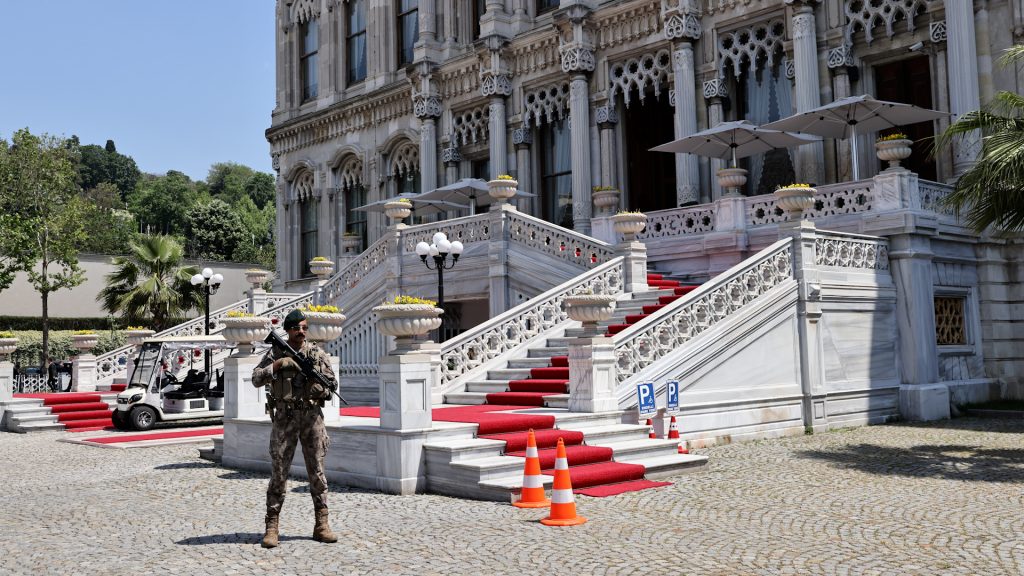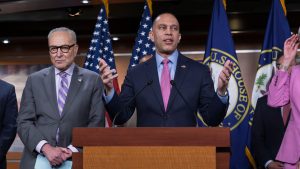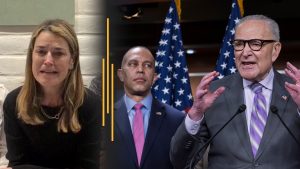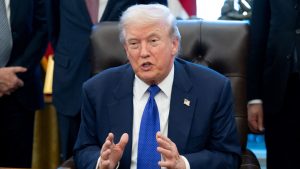Russia and Ukraine hold peace talks in Istanbul as fighting escalates

Delegations from Russia and Ukraine are meeting in Istanbul on Monday, June 2, for their second round of direct peace talks in just over two weeks, but both sides signal little hope for progress. Ukrainian Defense Minister Rustem Umerov led Kyiv’s delegation, while Russian presidential aide Vladimir Medinsky represented Moscow.
Turkish Foreign Minister Hakan Fidan presided over the meeting, which also included officials from Turkey’s intelligence agency. Representatives from Germany, Italy and the United Kingdom met with Ukrainian officials ahead of the talks to coordinate positions.
A Ukrainian source told Reuters the delegation was prepared to take “real steps” toward peace if Russia showed a willingness to compromise. However, both sides remain far apart on core issues. Russia has pushed for Ukraine to cede territory and abandon its NATO aspirations. Kyiv has rejected those demands and will reportedly present a roadmap that includes demands for reparations, no recognition of Russian control over occupied land, and no restrictions on its future military capabilities.
The talks came just a day after Ukraine launched drone attacks on Russian nuclear-capable bombers, prompting what Moscow described as its largest drone barrage of the war. Russia’s Defense Ministry claims to have downed 162 Ukrainian drones. Ukraine, in turn, reported intercepting 52 of 80 Russian drones overnight.
What is the US role in the negotiations?
U.S. involvement in the Istanbul talks remains ambiguous. Keith Kellogg, the U.S. special envoy to Ukraine, has indicated American representatives are participating, though the extent of engagement has not been confirmed. President Donald Trump has pushed for a ceasefire and publicly criticized both Russian President Vladimir Putin and Ukrainian President Volodymyr Zelenskyy.
What new sanctions are being proposed by US lawmakers?
Separately, Sens. Lindsey Graham, R-S.C., and Richard Blumenthal, D-Conn., announced plans to introduce new Russia sanctions ahead of the upcoming G7 summit in Canada. After meetings with French officials, the senators said their bipartisan bill would pressure China and India to stop purchases of discounted Russian oil.
The legislation proposes a 500% tariff on imports from countries that continue to buy Russian energy.
Graham and Blumenthal said the bill already has 82 Senate co-sponsors and is intended to cut off funding for Russia’s military. “We believe Putin is playing games regarding peace and is actually preparing for a military offensive in the late summer or early fall,” they said in a joint statement.





